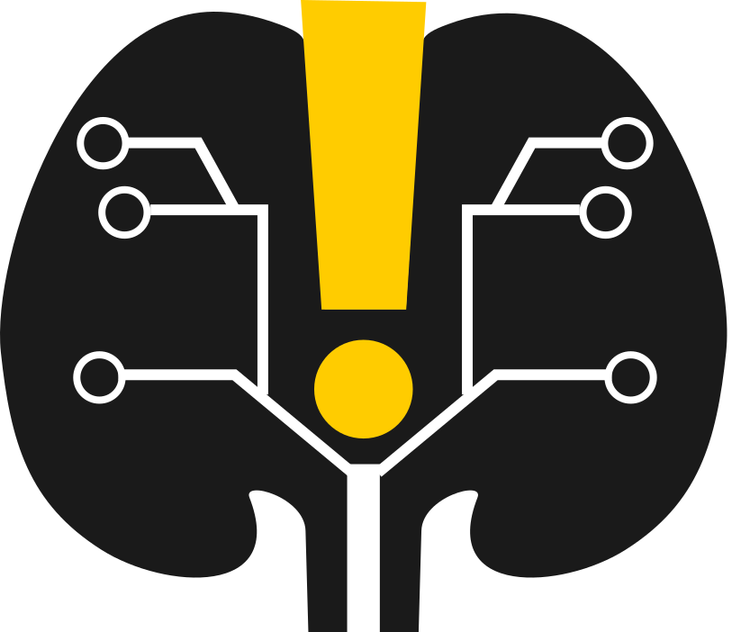
Acute Kidney Injury Alerts: Frequently Asked Questions
Why am I receiving an Acute Kidney Injury Alert?
The patient whose chart you opened has been identified as having acute kidney injury based upon a change in his or her creatinine value. AKI is defined as an increase in creatinine of 0.3mg/dl within 48 hours or a 50% increase within 7 days.
Will I receive an alert for every patient with AKI?
No. This alert is part of a randomized trial. Not every patient will generate an alert. You should be vigilant for AKI, as it affects up to 20% of hospitalized patients.
What am I supposed to do now?
We provide these alerts as a means to aggregate information that is already available to you. There is no requirement to act on these alerts. However, AKI is a serious condition meriting close attention to fluid and electrolyte status, and the presence of medications that may harm the kidney. You may choose to add AKI to the problem list by clicking the "add problem" button on the alert. You may also examine the AKI order set and choose which diagnostic and therapeutic measures, if any, are appropriate for your patients. If you have any questions or uncertainty, please feel free to contact the renal consult service.
How do I stop the alert?
The alert will fire until you click the agree or disagree button. It will also stop firing when AKI criteria are no longer met.
What if I don't think my patient has AKI?
Please click "disagree" in the alert itself and provide the reason you don't think the patient has AKI. If you would like to discuss further, contact francis.p.wilson{at}yale.edu. We work hard to ensure that the alert system has the highest possible accuracy, but mistakes may occur. If so, please let us know so we can rectify them immediately.
